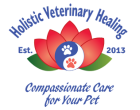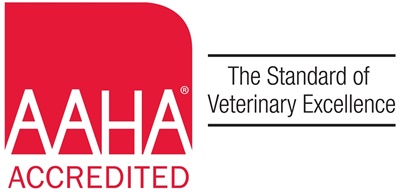Explore the Great Outdoors with Confidence: Essential Safety Tips for Responsible Dog Owners at the Park
To ensure a secure experience when taking your furry friend to an off-leash dog park, it’s crucial to be well-prepared. Follow our expert advice to keep your dog safe and sound while enjoying their playtime.
Tip #1: Safeguard your dog against contagious illnesses
Reputable dog parks mandate proof of vaccinations, so it’s essential that your dog is up to date with their rabies, distemper, parvovirus, and Bordetella immunizations. We can conduct a titer test to determine if the Distemper Parvo Vaccine is needed to be boosted or not. Depending on the park, additional vaccines like canine influenza and leptospirosis might be required. Talk to your veterinarian to determine if that is right for your pup.
Tip #2: Choose less crowded hours
Dog parks tend to be busiest right after working hours, with an overflow of energetic dogs eager to burn off their pent-up energy. However, during these times, dogs can become overly excited, leading to breaches in proper canine etiquette and potential conflicts. Opt for quieter periods to let your dog exercise without the worry of a large group of dogs chasing after them as they play fetch.
Tip #3: Double up on identification methods
Although it’s unlikely for your dog to escape through the double gate at the park’s entrance, accidents can happen. Ensure a happy reunion by equipping your furry companion with multiple forms of identification, such as collar ID tags, a collar embroidered with your phone number, and a microchip.
Tip #4: Be vigilant for warning signs
Dog parks are not ideal for teaching socialization skills, so it’s crucial to stay attentive to any inappropriate behavior or signs of discomfort from your dog. Watch for signs of stress, anxiety, or fear, including running away, a tucked tail, freezing, excessive drooling, disproportionate panting, trembling, cowering, clingy behavior, lip licking, whale eye, raised hair, reactivity, or aggression (such as barking, growling, or nipping). If you notice any unease, leave the park promptly before the situation escalates.
Remember, off-leash dog parks may not suit every dog. Some dogs prefer one-on-one interactions or exploring on their own rather than being part of a large group. Regardless of your dog’s socialization preferences, ensure they receive regular preventive care to protect them from infectious diseases and parasites. Contact our team to schedule your dog’s annual wellness visit and stay up to date on their health needs.

